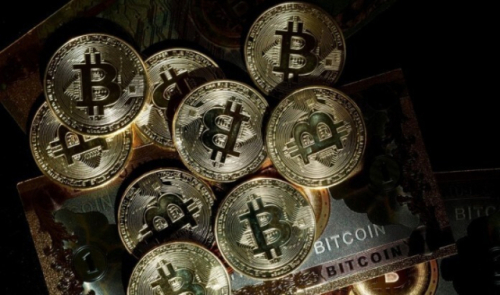
Despite the Federal Reserve's (Fed) interest rate cut announcement, Bitcoin fell below the $100,000 mark, once again highlighting the volatility of the market. Jerome Powell's remarks and the Fed's hints at adjusting the pace of rate hikes had a significant impact on the cryptocurrency market.
On the 19th (Korean time), the Fed adjusted the benchmark interest rate by lowering it by 0.25 percentage points to 4.25-4.5%. However, the market's expectations were dampened as the number of rate hikes projected for next year was reduced to 2, down from the previous estimate. On this day, Chairman Powell clearly stated that the Fed has no plans to pursue legal changes to allow it to hold XRP, as proposed by the President-elect Trump.
Along with these remarks, Bitcoin plummeted. According to the cryptocurrency information site CoinMarketCap, the price of Bitcoin fell to $90,900, a decline of about 8% from its all-time high of $108,300. In domestic exchanges, Bitcoin was traded at around 147 million won, breaking the $100,000 mark. The downward trend in the cryptocurrency market was not limited to Bitcoin. ETH fell by 6.16%, XRP by 9.17%, Solana and Dogecoin by 7.72% and 10.10% respectively.
The market had seen a sharp rise after the President-elect Trump pledged during the election campaign to "nurture Bitcoin as a strategic asset and make the US a hub for cryptocurrencies," but the mood cooled rapidly following Powell's remarks. The fact that the Fed is considering a central bank digital currency (CBDC), which could potentially conflict with XRP, also contributed to the tension in the cryptocurrency market.
However, experts maintain the long-term outlook for Bitcoin to be bullish. Cobit Research Center's '2025 Cryptocurrency Market Outlook' report released on the same day predicted that "the competition between countries will intensify as the US pushes for a Bitcoin strategic asset bill, and Bitcoin will trend upwards in the long run due to the effects of spot ETF approval and interest rate cuts."
The cryptocurrency market is likely to be driven by changes in the new administration's policies and internal factors over the next few months. David Rawant, head of research at Falconex, analyzed that "while macroeconomic factors affect risky assets, the cryptocurrency market is also sensitive to internal factors, and the direction of future policies will be a crucial turning point for the market."








